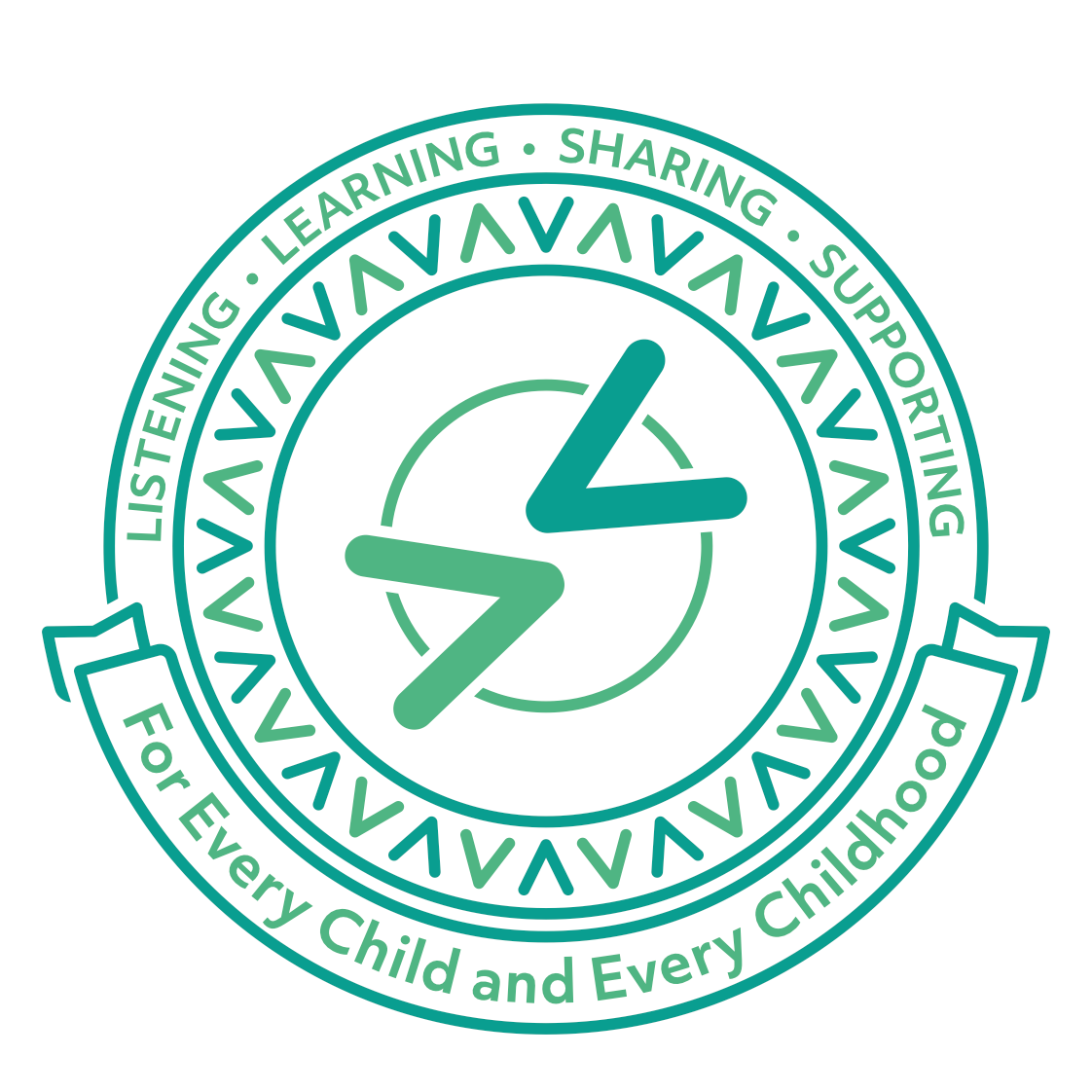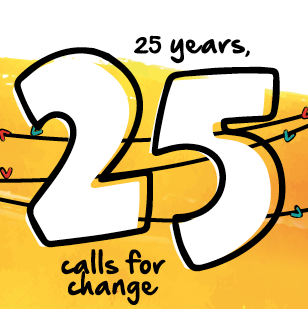Insight: We haven’t lost any of the skills or the knowledge we had before
22 April 2020
In this week’s blog our Senior Policy Officer, Emma Rogan, shares how the Policy, Projects and Participation team at Children in Scotland is responding to the needs of children and young people as it creates safe spaces for digital participation.
“Everything feels like it’s going much faster and much slower at the same time,” a young person reflected at an online meeting recently. And I think this sums up how a lot of us have been feeling – time feels both fast and slow and our jobs feel like nothing and everything has changed all at once.
At Children in Scotland, we are trying to continue with our project work as much as we can, under this “same but different” model of working. We have been keen to hear about the experience and learning of others as we venture into delivering engaging and safe digital participation sessions. So, in that spirit, this is what our journey so far has looked like.
We needed to make speedy decisions about Changing our World (Children in Scotland’s children and young people’s advisory group) as we were due to have a meeting on Saturday 21 March at our offices. We started with what we knew and what was familiar to the group and agreed to log-on to our Basecamp group at the time when our meeting would have been due to start. We talked about what we had for breakfast, how we could keep in touch and there were many GIFs to lift the spirits.
In the same way as we do when we plan our in-person meetings, we have tried to be led by what works for the group as much as possible. We put out a survey for their views and based on what they have agreed, we will post an update for them at the beginning of the week and we will have a video meeting on a Friday. We hope that this gives a range of ways for people to share their ideas, participate and maintain social connections.
Like a lot of organisations, we are doing our best to keep up with this rapid move to online participation. We want to get the balance right between maintaining important relationships with the children and young people that we work with and finding ways of communication that are accessible and safe. This presents a particular challenge for us as our groups include children as young as eight, who software developers don’t always have foremost in mind when they are developing their apps. And even where these apps are accessible in terms of their design, they’re not universally available to all children in Scotland, with an estimated 800,000 people across the country living without access to the internet.
The challenges of digital participation can often feel like uncharted territory and coupled with a global crisis, the immediate response to adapting to change and managing risk can be to overcompensate, panic or feel overwhelmed. A useful reflection for us has been, how would we have dealt with that risk “before”.
We haven’t lost any of the skills and knowledge we had before; they weren’t left in the desk drawers along with my good pen and those resources from that event I always planned on reading. We might need to do some research and review our plans but we will get through this by coming together as a team and a sector, building on our existing skills and looking to those with more knowledge and experience when we need to, just as we would have done before.

Why young people's voices are vital to us
Emma is a member of our Participation and Engagement Team
Click to find out more
'Hold onto honesty in a period of chaos'
Learn to 'pivot’ while keeping your values at the core, says Simon Massey
Click to read Simon's blog
Is the Third Sector punching above its weight?
Read Jacqueline Cassidy's blog on the Third Sector response to the Covid-19 crisis
Click here

25 Calls
Find out more about our exciting 25 Calls campaign, that brings together voices from the sector and beyond
Click here for more